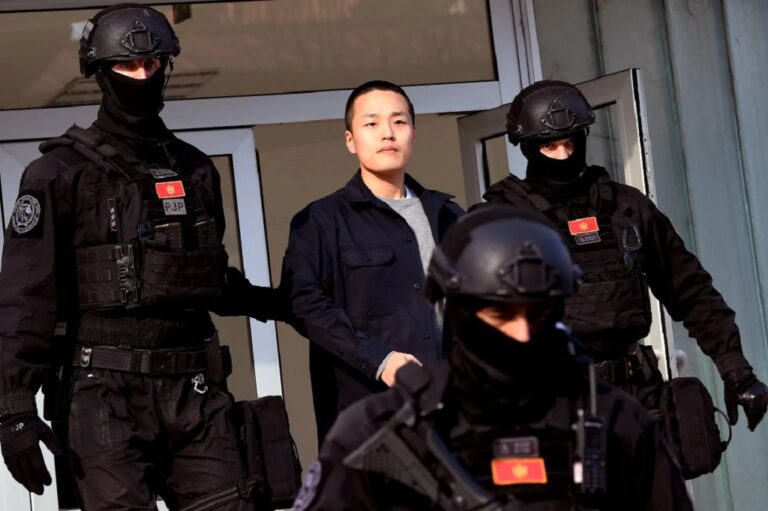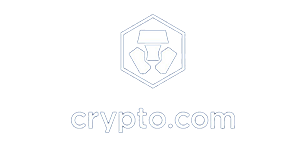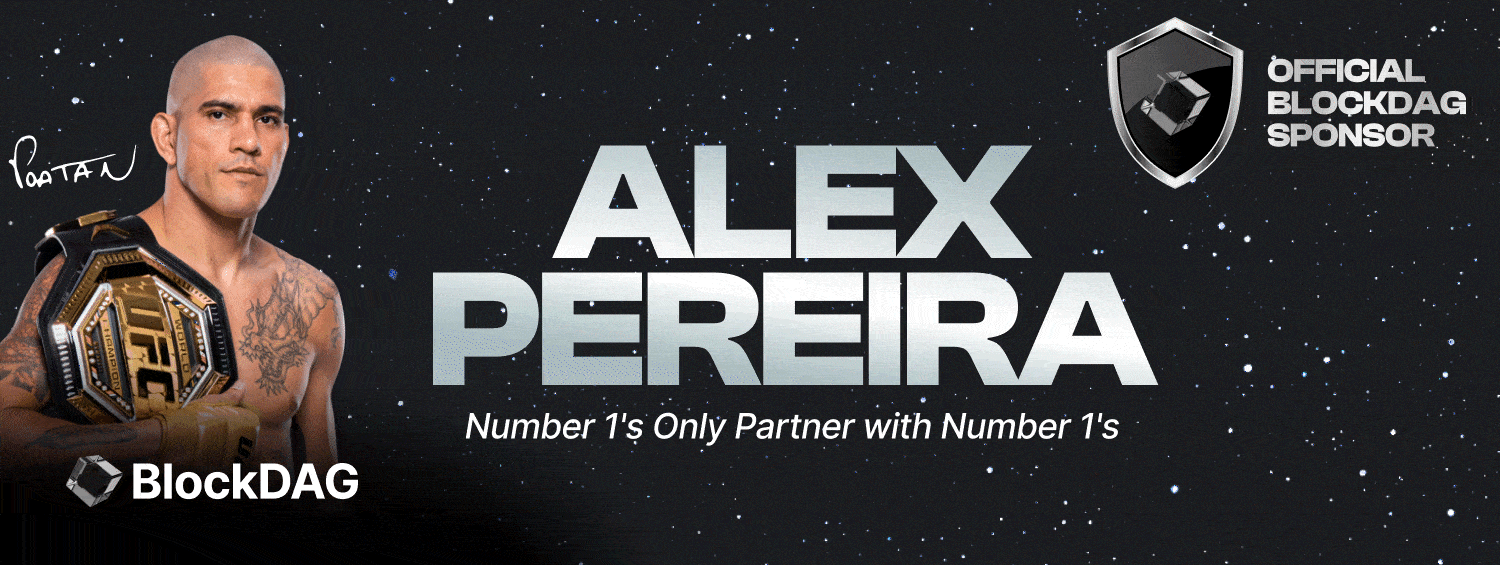When Do Kwon’s crypto empire fell to pieces, tens of billions of dollars were wiped out. A civil jury in the US has found he lied to investors.
Federal jury in New York has determined that Do Kwon, a prominent figure in the South Korean crypto community, along with his company Terraform Labs, are responsible for defrauding investors who collectively invested billions of dollars into cryptoassets, which later plummeted in value almost to zero.
The case, initiated by the Securities and Exchange Commission (SEC) in February 2023, alleged that Kwon and Terraform engaged in a fraudulent scheme, resulting in a loss of $40 billion in market value. The complaint asserted that they misled investors about the potential and stability of the cryptotokens they issued.
Kwon, who went into hiding following the crash of the tokens in 2022, is facing both criminal charges in the United States and South Korea. Despite being released on bail from a Montenegro prison, where he was apprehended last year and awaits extradition, Kwon’s whereabouts remain undisclosed.
During the civil trial held in the US Southern District of New York, evidence was presented from investors who had invested in Terraform tokens, whistleblowers from companies collaborating with Terraform, and other witnesses. Following a brief deliberation, the jury found Kwon and Terraform guilty of civil fraud charges related to deceptive claims and misleading investors regarding Terraform’s cryptotoken.
In response to the verdict, Gurbir S. Grewal, Director of the SEC Division of Enforcement, expressed satisfaction, stating that the decision holds Terraform Labs and Do Kwon accountable for a significant crypto fraud. He emphasized the real consequences of non-registration and non-compliance within the crypto sector.
This resolution, along with the recent sentencing of Sam Bankman-Fried, founder of the collapsed crypto exchange FTX, is anticipated to help bring closure to a tumultuous period in the crypto industry, according to market analyst Noelle Acheson. She highlighted the sense of betrayal felt by investors due to Kwon’s actions and emphasized the importance of thorough research to avoid falling prey to dubious claims in the future.
Terraform, co-founded by Kwon and Daniel Shin in 2018, initially gained popularity with its plans to launch TerraUSD (UST), a stablecoin pegged to the US dollar, offering stability amidst crypto volatility. However, in May 2022, the value of UST plummeted when large-scale sell-offs deviated it from its dollar peg, leading to a broader market panic and subsequent collapse of Terraform’s tokens.
The SEC’s case revolved around allegations that Kwon and Terraform deceived investors by falsely claiming that UST could self-correct its value without intervention and misrepresented the involvement of Chai, a Korean payments firm, in using Terraform technology.
Despite defense efforts to challenge the SEC’s case, including attempts to discredit whistleblowers and question the classification of Terraform tokens as securities, the jury ruled against Kwon and Terraform.
The financial penalties and market restrictions awaiting Kwon and Terraform will be determined by the judge in subsequent proceedings. Additionally, the case has broader implications concerning the classification of cryptoassets, with Judge Jed Rakoff’s ruling rejecting the dismissal of the case based on jurisdictional grounds.
Terraform intends to appeal the verdict, citing the ongoing ambiguity over the classification of its tokens and the absence of Kwon from the courtroom during the trial. The resolution of this case and similar legal battles may ultimately shape the regulatory landscape for cryptocurrencies in the United States, potentially culminating in a Supreme Court decision.


























